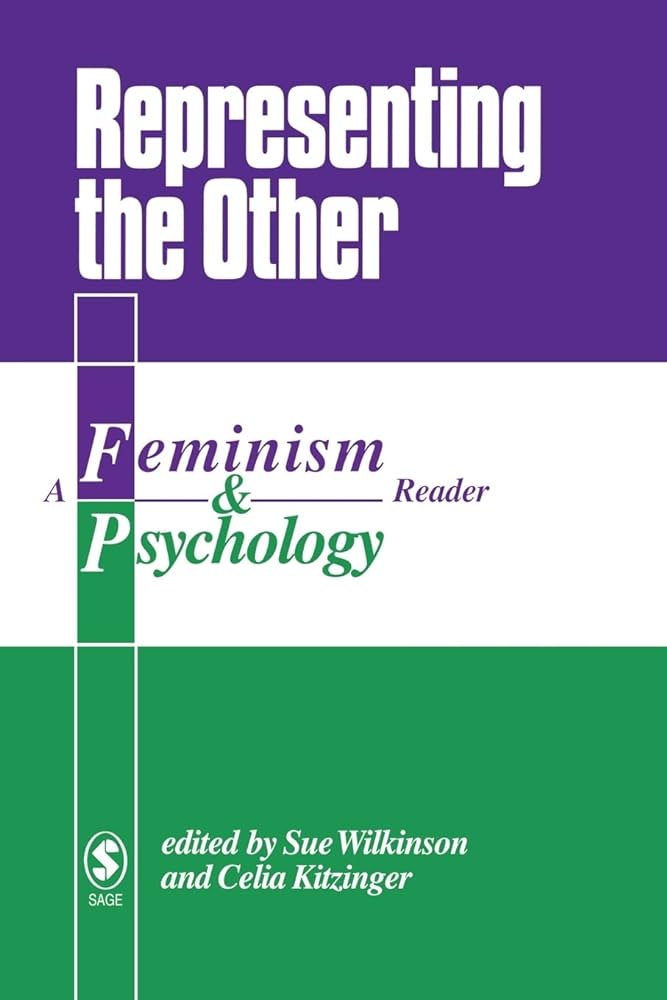数字母亲:分享、家庭自拍和在线情感话语实践
IF 2.2
3区 心理学
Q2 PSYCHOLOGY, MULTIDISCIPLINARY
引用次数: 8
摘要
在社交媒体上晒自己的孩子和家庭已经成为妈妈们的例行公事。将自己表现为一个“好”母亲的任务受到了围绕母性的竞争要求(例如,新自由主义的密集母性,女性关系)以及对许多人来说不切实际的家庭理想的困扰。这些问题在分享话语中变得更加复杂,在这些话语中,父母的发帖被视为数字自恋。这项研究考察了母亲在社交媒体上发布家庭照片时的身份认同工作。研究人员对20位年龄在24岁至50岁之间的母亲进行了访谈,并使用她们的家庭照片作为访谈刺激。运用女性主义后结构主义框架,对数据进行话语分析,关注母亲照片分享的三种建构中身份问题的产生和修复:情感连接的母亲;数字化关系母亲;还有骄傲的母亲。在这些建构中,全家福贴被建构为一个选择性的过程,它进行关系工作,通过转移冲突来修辞地管理网络受众。这包括对离线问题身份的数字修复,在避免以阶级为基础的他人的同时,将自己呈现为“好人”。讨论了这些发现如何对数字母亲的主要问题提出挑战。本文章由计算机程序翻译,如有差异,请以英文原文为准。
Digital mothering: Sharenting, family selfies and online affective-discursive practices
Posting about one’s children and family has become a routine practice for mothers on social media. The task of presenting oneself as a “good” mother is subject to the trouble of competing requirements around motherhood (e.g., neoliberal intensive mothering, feminine relationality) as well as family ideals which are unrealistic for many. These troubles are further complicated by sharenting discourses in which parental posting is seen as digital narcissism. This study examines mothers’ identity work in their talk about posting family photos to social media. Twenty mothers aged between 24 and 50 were interviewed using their family photo posts as interview stimulus. Using a feminist poststructuralist framework, the data were discursively analysed, paying attention to how identity trouble was produced and repaired in three constructions of mothers’ photo sharing which included: emotionally connected mothers; digitally relational mothers; and proud mothers. In these constructions, family photo posts were constituted as a selective process which performed relational work to rhetorically manage the networked audience by deflecting conflict. This included the digital repair of offline troubled identities to present oneself as “good” whilst avoiding class-based othering. How these findings offer a challenge to predominant problematisations of digital mothers is discussed.
求助全文
通过发布文献求助,成功后即可免费获取论文全文。
去求助
来源期刊

Feminism & Psychology
Multiple-
CiteScore
3.30
自引率
11.10%
发文量
51
期刊介绍:
Feminism & Psychology provides a forum for debate at the interface between feminism and psychology. The journal"s principal aim is to foster the development of feminist theory and practice in – and beyond – psychology. It publishes high-quality original research, theoretical articles, and commentaries. We are interested in pieces that provide insights into the gendered reality of everyday lives, especially in relation to women and girls, as well as pieces that address broader theoretical issues. Feminism & Psychology seeks to publish work from scholars, researchers, activists and practitioners at all stages of their careers who share a feminist analysis of the overlapping domains of gender and psychology.
 求助内容:
求助内容: 应助结果提醒方式:
应助结果提醒方式:


